If you are a software developer, then I am going to tell you about the Top 10 Software Testing Tools, so if you want to know about them, then keep reading this article. Because I am going to give you complete information about it, so let’s start.
As you know, software testing gives dedicated software development teams the methods and tools to determine the quality of their software creation and improvement projects. And these development team software testing tools are used to assess whether the software you develop is usable, performs properly, and meets development team goals, and overall requirements. fulfills, or not.
In addition, these software testing tools also include other test management solutions, such as bug tracking software and project management software. Some solutions include features that also support collaboration between software testers and developers. To monitor test activities and analyze results, most solutions provide reporting and dashboards with pre-defined metrics and KPIs.

So let’s get all the information about the Top 10 Software Testing Tools without any time. Come on.
Table of Contents
Types of Software Testing:
Software testing is the process of executing a program whose main purpose is to find errors. If we want to make our software free from errors then we have to do testing.
There are many types of software testing. And each test has its own characteristics, advantages, and disadvantages. So let’s read about them:-
1. Unit Testing
Unit testing is a type of functional testing in which each of the units or components is tested. This testing is completed in the coding phase of the software. This is mostly accomplished by programmers. It is also called component testing.
2. integration testing
In this, all the units and components are combined into one group. And they are tested in groups. Its main purpose is to see how these units work together. There are 4 types of this testing:-
- top-down
- bottom-up
- sandwich
- big-bang
3. Alpha Testing
This testing is the most used testing, its main purpose is to identify all kinds of issues and errors before releasing the software to the users. This testing is done by software engineers and QA staff.
4. Beta Testing
This type of testing is completed by the customers. For this, a version of the software is released but it is only for limited users. In this, users give their feedback, which reveals the bugs, or defects coming in the software.
Beta testing is successful when customers are satisfied with the software. And this software is according to their need.
5. Stress Testing
This testing technique verifies the stability and reliability of the software. Its main purpose is to see when the software crashes under heavy load. That is, it is found about the capability of the software. This shows how much load the software can bear.
Heavy load means that- storing a huge amount of data in it, opening many programs simultaneously, etc.
6. Recovery testing
This is a type of testing that validates how a software recovers when it crashes. This testing determines whether software can get back to work after a crash. It is performed by the testing team.
7. Security testing
It is a process that determines whether software can keep data secure or not. In this, it is checked how the software will be safe from external and internal threats.
It is also seen in this that if a hacker attacks it, then how will it behave. And how will the security of the data be maintained after the hacker’s attack?
8. Smoke Testing
It is also called build verification testing. When a new build is provided by the development team, the software testing team validates that build and ensures that there are no issues or bugs.
If there is any problem in the build then it is rejected and the developer team is informed about it. It tests all the components of the testing software.
9. Regression testing
This testing ensures that the changes made in the software are causing any problem in the working of the software or not.
That is, it checks that if we make some changes in the software, then whether there is any bad effect on the working of the software or not.
And automation testing tools are used for this type of testing.
10. System Testing
In this, the software is tested to find out that it works well in different operating systems. That is, in this, it is known whether the software supports all operating systems or not.
This is a black box type of testing and it is completed by the test team.
11. Performance Testing
This is done by the performance engineer. This is done to test runtime performance. In this, the speed and effectiveness of the software are tested.
Various types of performance and load tools are used in this.
12. Ad-hoc testing
It is performed without any planning and documentation. In this, the tester tries to break the software to find bugs or errors. This is accomplished by the testing team.
Now we have learned about the Types of Software Testing, but let us now know about the Top 10 Software Testing Tools.
Top 10 Software Testing Tools:
By the way, there are many Software Testing Tools available. Using this you can test your software. But it is very difficult to find Top Software Testing Tools among them. That is why today I am going to tell you about the Top 10 Software Testing Tools, which are as follows.
1. Xray
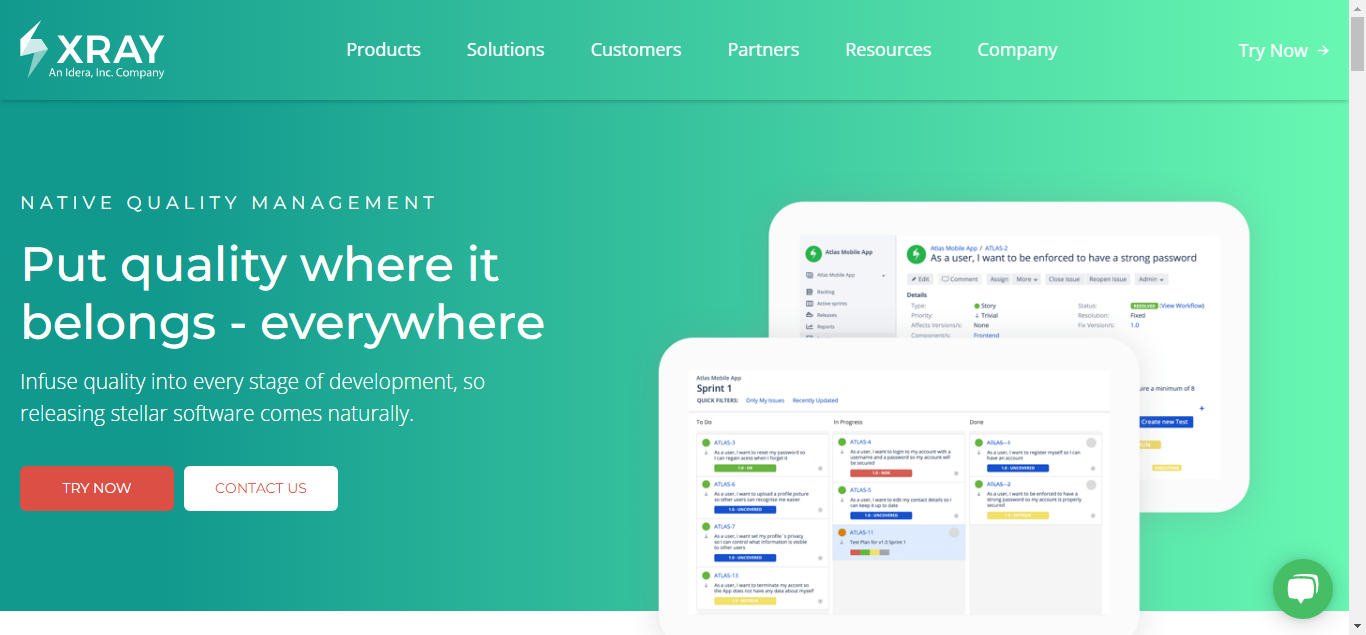
Xray is the #1 Manual & Automated Test Management App for QA. It’s a full-featured tool that lives inside and seamlessly integrates with Jira. Its aim is to help companies improve the quality of their products through effective and efficient testing.
Features:
- Traceability between requirements, tests, defects, executions
- Define reusable preconditions and associate them with tests
- Organize tests in folders and test sets
- Test plans for tracking progress
- Test environments
- BDD – Write Cucumber scenarios in Jira
- Integrates with test automation frameworks (Selenium, JUnit, NUnit, Robot, …)
- Built-in REST API
- CI integrations (Bamboo, Jenkins)
- Built-in reports
2. TestRail
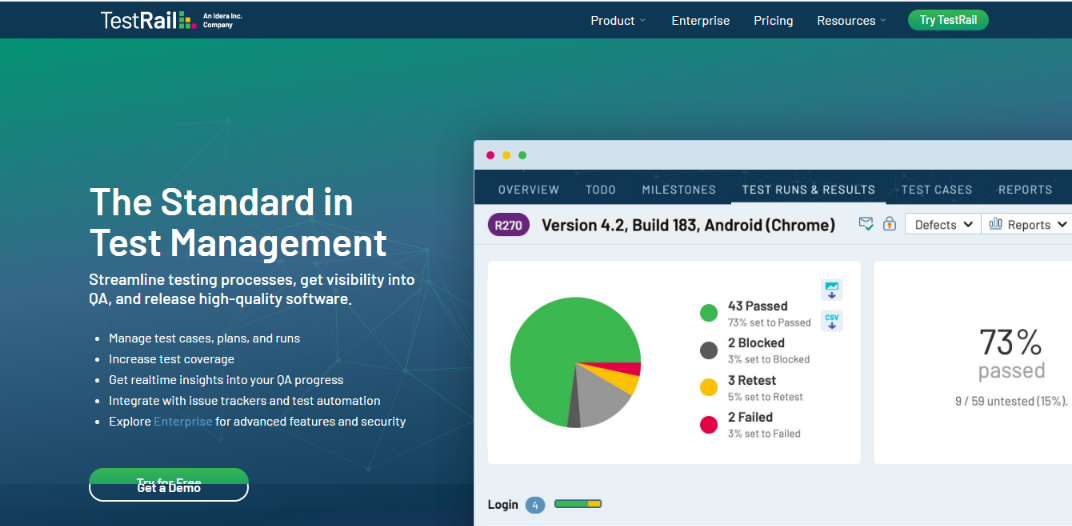
TestRail is your go-to source for scalable, customizable, web-based test case management. Get set up in a matter of minutes with our cloud-based/SaaS solution, or install TestRail on your own server.
Features:
- Efficiently manage manual and automated test cases, plans, and runs.
- Get real-time insights into testing progress with informative dashboards, metrics, and activity reports.
- Boost efficiency with milestones, personal to-do lists, and email notifications.
- Document test cases with screenshots and expected results. Use the flexible built-in templates or create your own custom templates.
- Integrate with tools in your CI/CD/DevOps pipeline including JIRA, Bugzilla, Jenkins, TFS, and more.
- Enterprise edition designed for large teams & mission-critical projects.
- Support for Docker containers.
3. Practitest
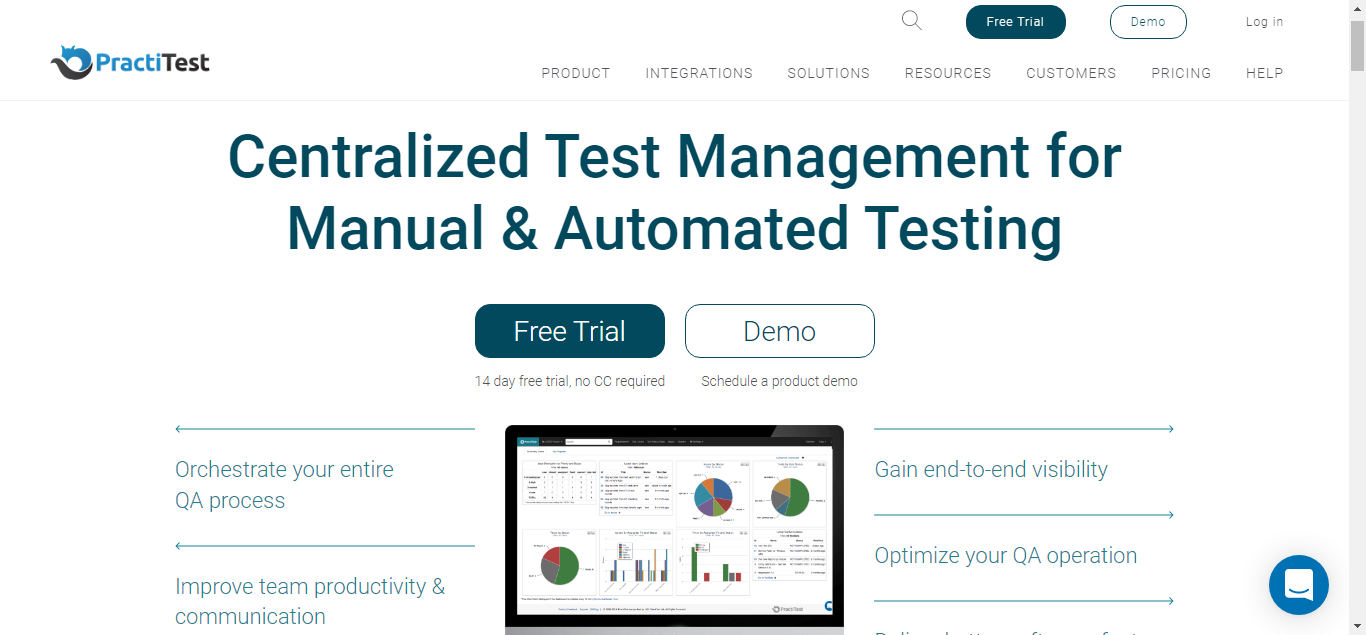
PractiTest is an end-to-end test management tool. A common meeting ground for all QA stakeholders, it enables full visibility into the testing process and a deeper broader understanding of testing results.
Features:
- A vast array of third-party integrations with common bug trackers, automation tools, and robust API for the rest.
- Fully customizable & flexible for the ever-changing needs of QA teams: customize fields, views, permissions, issue workflows, and more
- Reuse tests and correlate results across different releases and products.
- Unique hierarchical filter trees – organize everything and find anything quickly.
- Never work twice – with anti-bug duplicates, permutations, step parameters, and call to test
- Visualize data with advanced dashboards and reports
- Fast professional and methodological support
4. Testpad
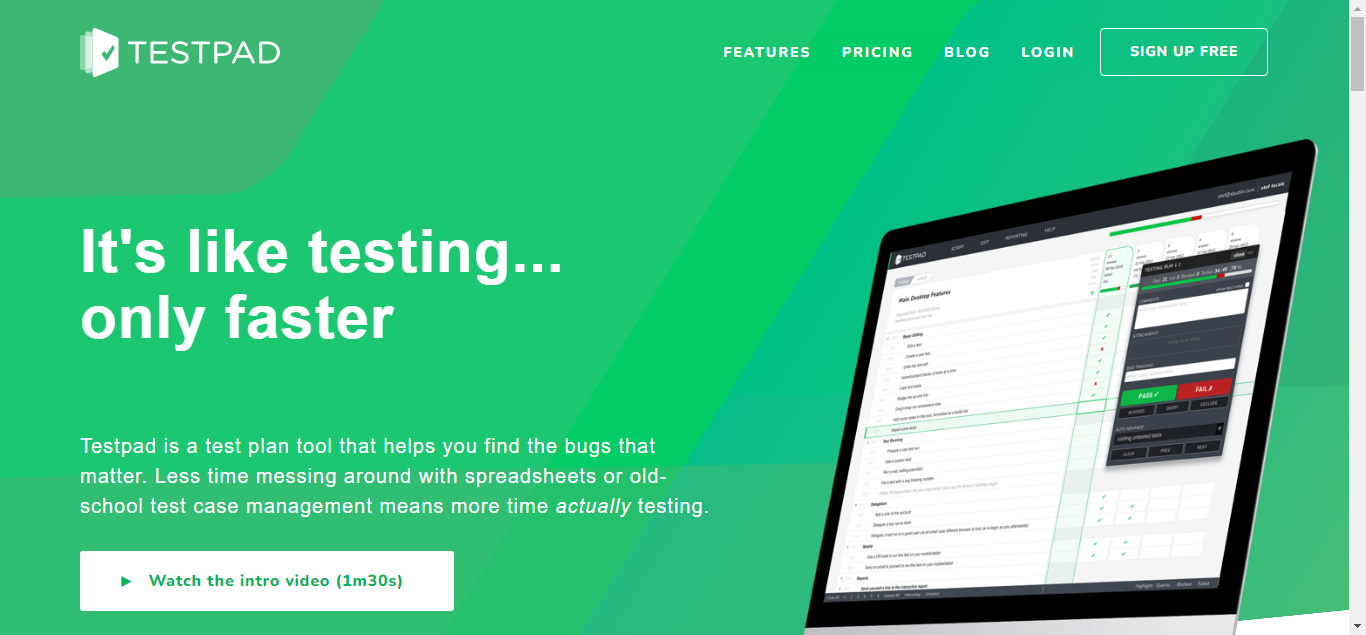
Testpad is a simpler and more accessible manual test tool that prioritizes pragmatism over the process. Instead of managing cases one at a time, it uses checklist-inspired test plans that can be adapted to a wide range of styles including Exploratory testing, the manual side of Agile, syntax-highlighted BDD, and even traditional test case management.
Features:
- Guest testers, invited by email, who don’t need accounts
- Simple enough to use by non-testers; get everyone to help at release time
- Keyboard-driven editor with a javascript-powered (i.e. responsive) UI
- Drag’n’drop organization of test plans
- Add new tests during testing, as you think of new ideas
- Lightweight integration with issue trackers, including JIRA
5. Zephyr Scale
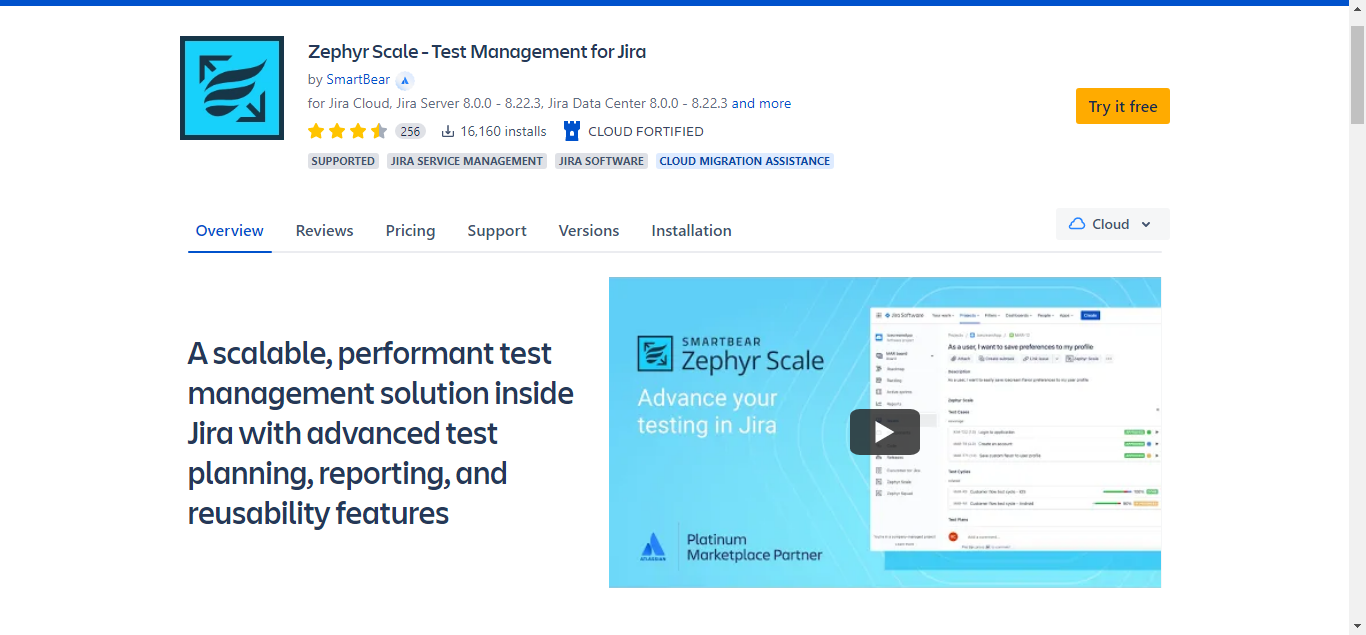
Zephyr Scale is a scalable, performance test management solution inside Jira, with advanced test planning, reporting, and reusability features.
Features:
- Reuse tests and eliminate duplication: cross-project hierarchical test libraries, parameters, test data, and shared steps
- Improve visibility, data analysis, and collaboration: Access over 70 cross-project reports, 60 gadgets, and 60 Confluence macros
- Easier to audit and trace: Detailed change history, test case versioning, end-to-end traceability with Jira Issues and Confluence pages
- Test automation and DevOps ready: Empower teams with BDD, CI/CD, and automation integration using the built-in, free REST API. Publish automated test-execution results from Jenkins, Bamboo, and other tools
6. Testmo
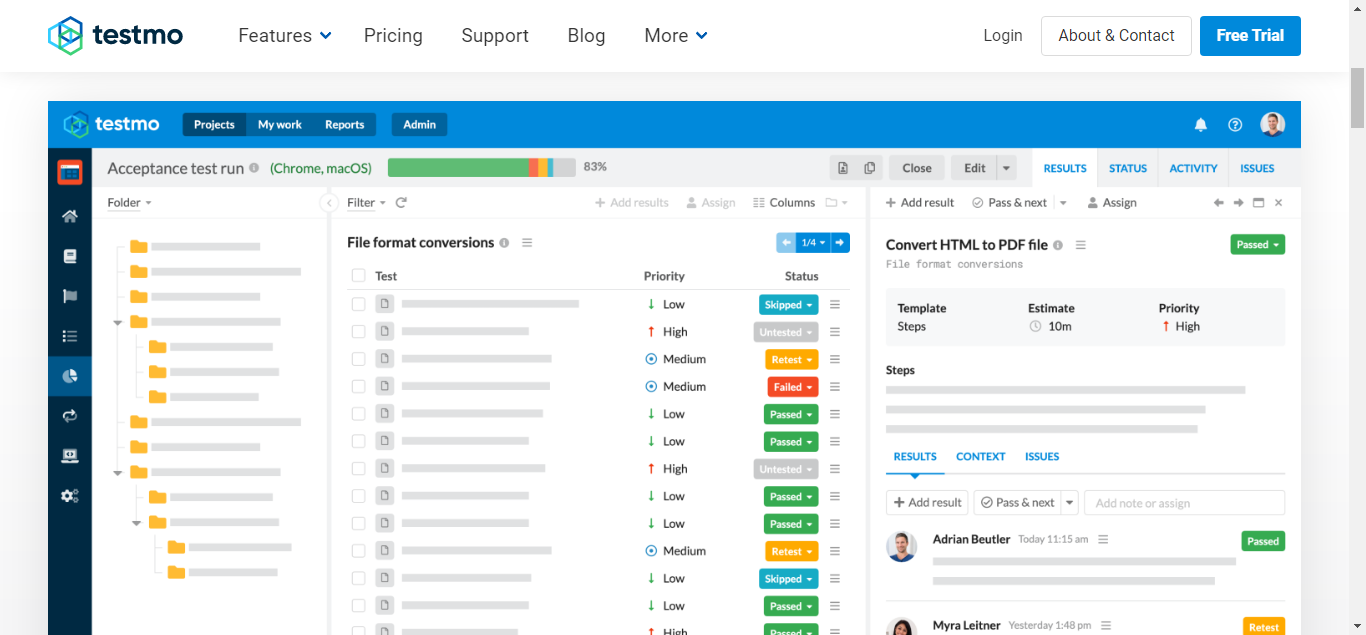
Testmo is the #1 unified test management tool for modern teams. All your test cases, exploratory testing, and test automation in one powerful platform. Lightning-fast, powerful UI & rich metrics. Full integration with Jira, GitHub, GitLab & more.
Features:
- Unified testing to track your entire QA in one tool
- Rich test cases, exploratory test sessions & test automation
- Full integration with Jira, GitHub, GitLab, and many more
- Integrates with any test automation tool, CI pipeline & DevOps tool
- Best-in-class reporting, metrics, and real-time charts
- Fully customizable with fields, workflows & test assignments
- Fast, scalable & enterprise-ready for teams of all sizes
7. SpiraTest
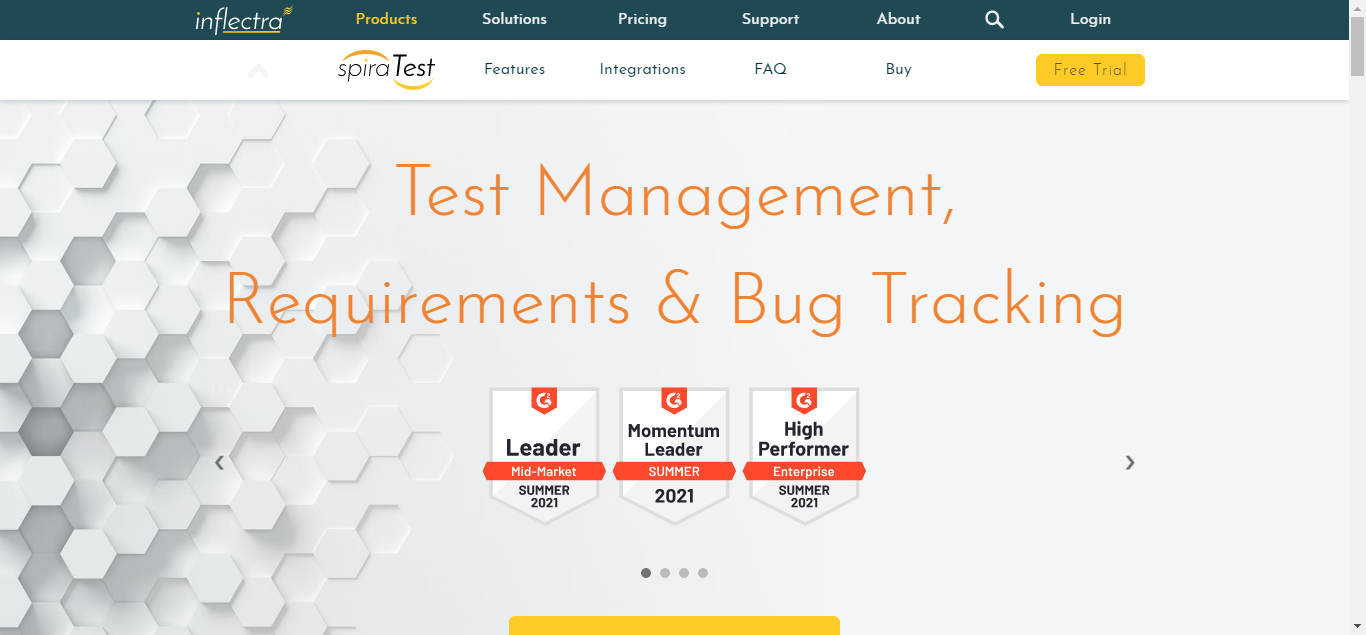
SpiraTest is a state-of-the-art Test Management solution for teams big and small. Embracing fully the agile way of working, Spiratest helps you manage requirements, plans, tests, bugs, tasks, and code in a single environment. SpiraTest works out of the box with minimal configuration and conforms to your needs, methodology, workflows, and toolchain.
Features:
- Effortlessly generate tests from requirements, and bugs from tests
- Easily manage test cases, sets, and runs in manual and exploratory testing
- Create tests based on parameters with seamless end-to-end traceability throughout
- Manage your processes and teams through executive dashboards that display a top-down view of your projects, with visualization, and business analytics at your fingertips
- Comes as an on-premise and saas version.
- Integrates with over 60 apps
8. Avo Assure
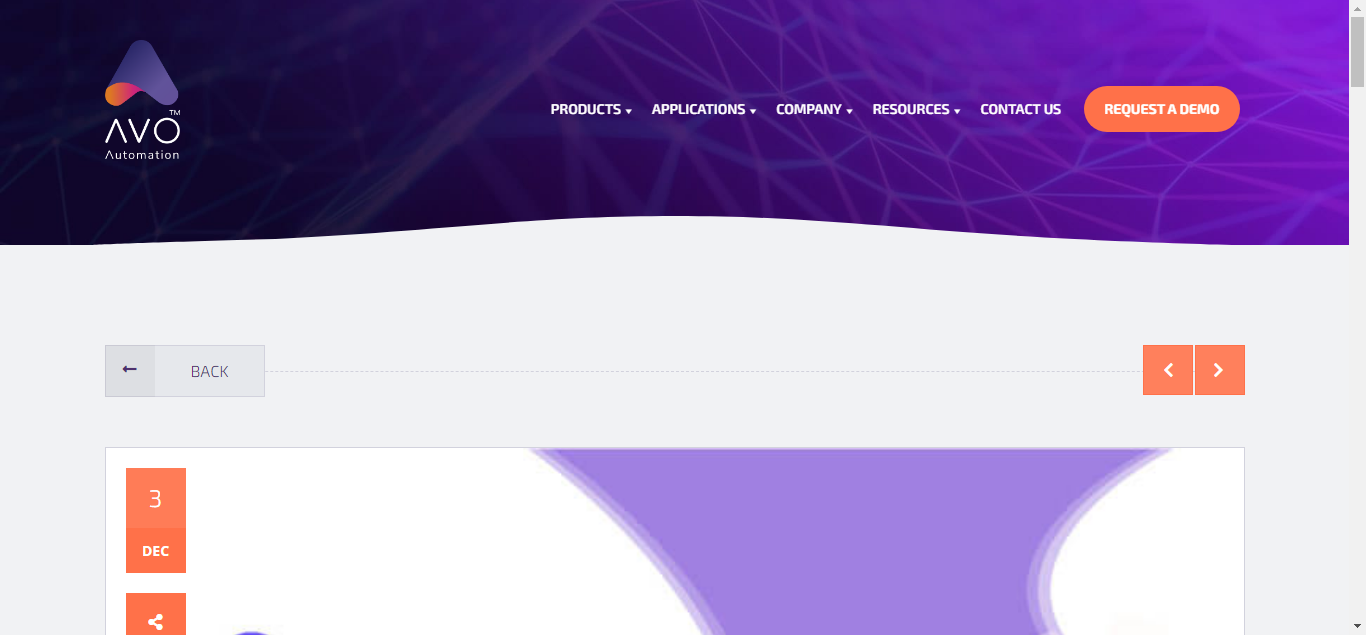
Avo Assure is a 100% no-code automation testing tool that enables you to test end-to-end business processes with a few clicks of the buttons. Being heterogeneous makes testing seamless across web, desktop, mobile, ERP applications, Mainframes, associated emulators, and more.
Features:
- Create and execute test cases without writing code
- Achieve E2E test automation and over 90% coverage
- Enable accessibility testing
- Define test plans and design test cases through the Mindmaps feature
- Integrate with tools like Jira, Jenkins, ALM, QTest, Salesforce, Sauce Labs, TFS, etc.
- Execute multiple scenarios through smart scheduling
- Easily interpret the intuitive reports
9. Kobiton
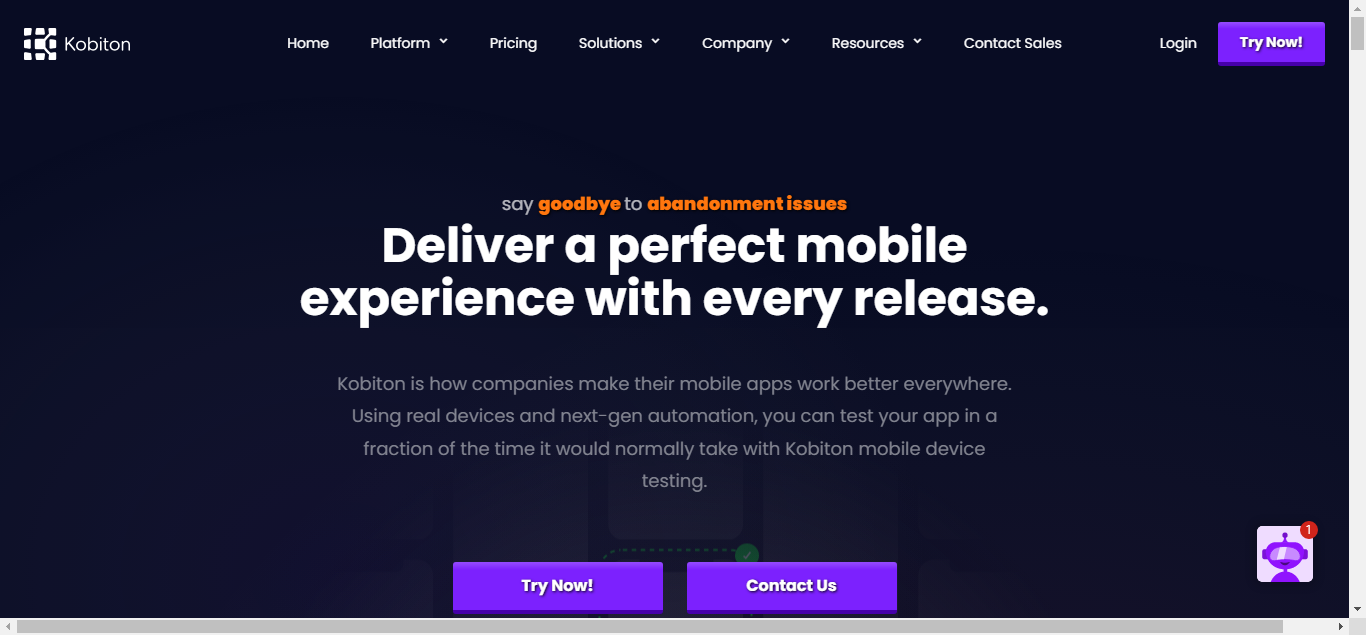
Kobiton empowers testing and development teams to automate Functional, Performance, Visual, and Compatibility testing across real mobile and IoT devices.
Features:
- Access to Real devices in a Public or Private Cloud
- “Cloudify” local devices for shared remote access
- On-premises solutions
- Scriptless/and or scripted automated Functional, Performance, Visual, and Compatibility Testing
- Support for leading open-source automation tooling and frameworks
- Generate 100% open-standard Appium code with every scriptless test
- AI-assisted remediation of Functional and Visual issues
- Unlimited user policy
- In-depth test session exploration
- Access and share analytics around app quality
- Access to real devices within your IDE for rapid debugging
10. ACCELQ

ACCELQ is an AI-powered Codeless Test Automation platform on the cloud that seamlessly automates Web UI, API, Mobile, and Desktop. ACCELQ customers are Fortune 500 enterprises across industry verticals globally, and they have adopted ACCELQ to accelerate their automation objectives significantly.
And ACCELQ is proven to speed up automation development by 3 times and bring down the maintenance by 70% which translates to over 50% of cost savings and enables alignment with Continuous Delivery.
Features:
- Codeless, No vendor lock, Built-in framework
- Any browser & OS, cloud-based, actionable reporting
- Visual test, comprehensive taxonomy, requirement mapping
- In-sprint automation, Web-Mobile-API & Desktop, Plug & Play
- Business process, Automated, Visual
- All-inclusive subscription, unlimited agents, 50% savings
Hope you have liked these Top 10 Software Testing Tools, and now if you want, you can also read this article.
Read also:)
- Top 5 Accounting Software in India: A-to-Z Guide for Beginners!
- 5+ Awesome Benefits of Marketing Project Management Software!
- 5+ Best 3D Design Software: A-to-Z Guide for Beginners!
So hope you liked this article’s Top 10 Software Testing Tools. And if you still have any questions and suggestions related to this, then you can tell us in the comment box below. And thank you very much for reading this article.